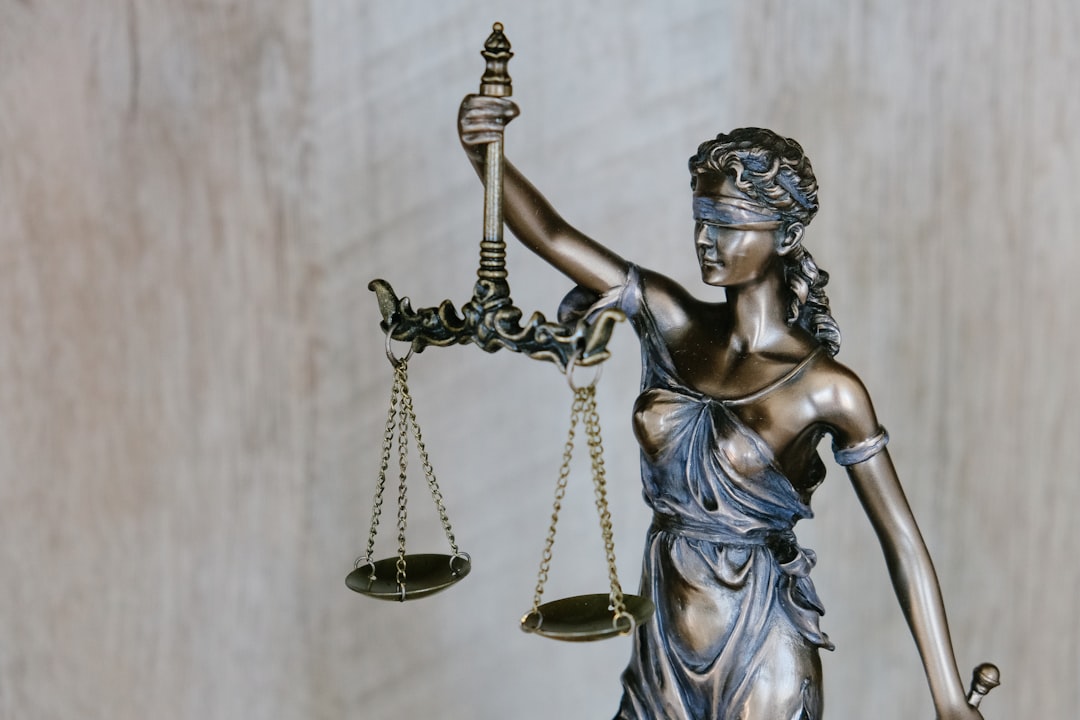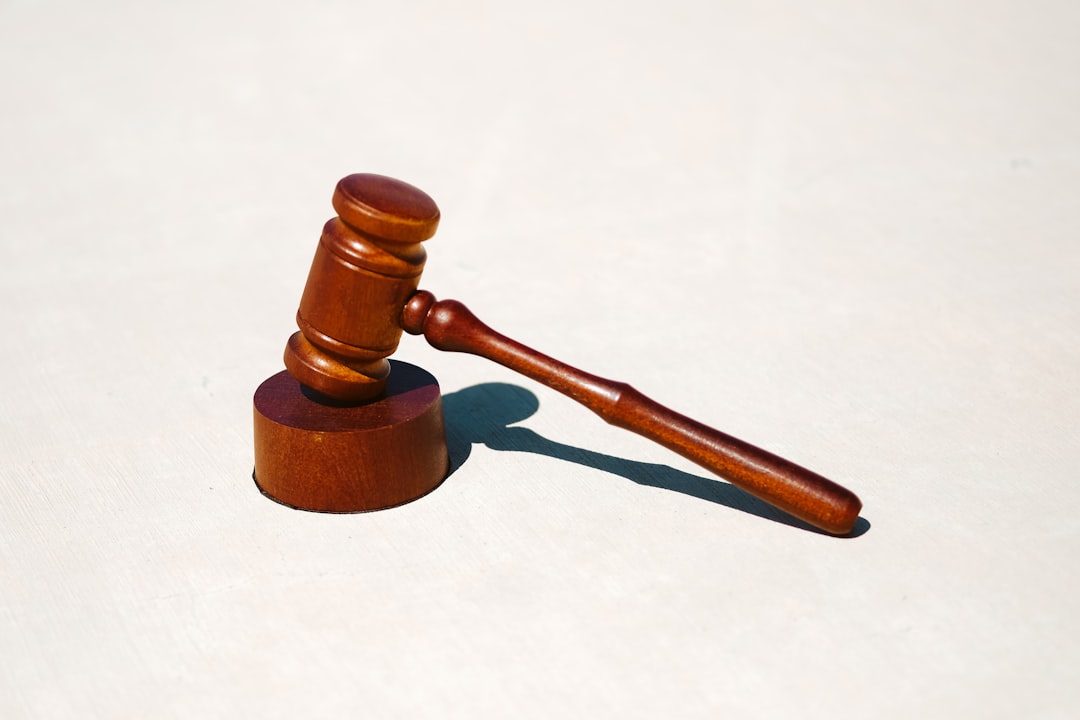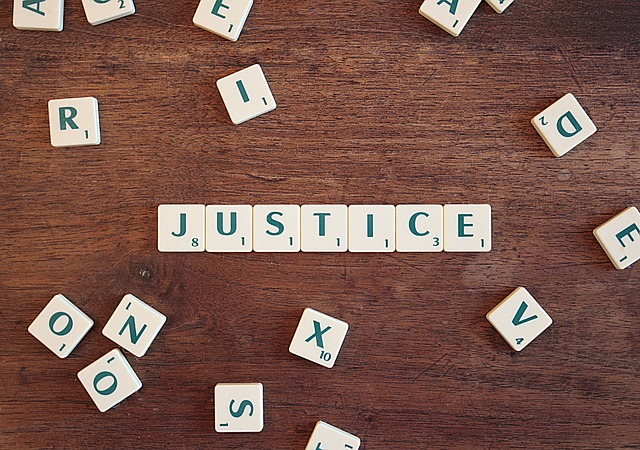Sexual assault lawyers New York are vital in navigating complex laws and supporting survivors of sexual abuse in Yonkers and beyond. They ensure proper evidence collection, handle sensitive information, assist with memory issues, and advocate for legal rights throughout the justice process. Local resources, including counseling and safe spaces, complement their work, helping survivors heal from trauma and rebuild their lives.
In Yonkers, like many cities across New York, navigating sexual abuse cases presents unique challenges. This article explores the intricate issues faced by survivors and legal professionals alike. From understanding local laws and regulations under which sexual assault is defined and punished, to the complexities of evidence collection and preservation, we delve into these aspects crucial for justice. Additionally, we highlight support services available in Yonkers for survivors, emphasizing the holistic approach needed to address this sensitive topic effectively, with a focus on the role of sexual assault lawyers in New York.
Understanding Local Laws and Regulations in New York

In Yonkers, like throughout New York State, navigating sexual abuse cases involves a complex interplay of local laws and regulations. It’s crucial for victims to understand their rights and the legal landscape they’re entering when considering whether to pursue a case. The state has established stringent guidelines for evidence collection, reporting requirements, and victim protection measures, all designed to support survivors and ensure fair trials.
New York’s legal system recognizes the sensitivity of sexual assault cases, implementing specific rules to protect victims’ privacy while facilitating thorough investigations. These include provisions for confidential medical examinations, protective orders, and specialized courts dedicated to handling such cases. For those considering hiring a sexual assault lawyer in New York, understanding these laws is essential as they shape the potential outcomes and strategies for defense or prosecution.
Challenges in Evidence Collection and Preservation

In Yonkers, as in many jurisdictions, sexual abuse cases present unique challenges, particularly in the realm of evidence collection and preservation. This is where the expertise of sexual assault lawyers New York becomes invaluable. Due to the sensitive nature of these cases, proper handling of evidence is crucial. Physical evidence such as clothing or bed sheets can be easily contaminated or mishandled, potentially rendering it inadmissible in court. Additionally, digital evidence like text messages or social media posts must be meticulously collected and preserved to avoid any manipulation or loss, which could significantly impact the case’s outcome.
The emotional trauma experienced by survivors adds another layer of complexity. Survivors might not immediately report the abuse, leading to a potential loss of critical physical evidence. Moreover, memory lapses or inconsistencies in accounts can occur, making it challenging for investigators and lawyers to piece together the events accurately. Sexual assault lawyers New York are trained to navigate these complexities, ensuring that every possible piece of evidence is collected, preserved, and presented in court to support survivors and seek justice.
Support Services for Survivors in Yonkers

In the aftermath of a sexual abuse or assault, survivors in Yonkers, New York, can access various support services designed to aid their healing process. Local organizations and community centers offer counseling services, safe spaces for discussions, and even legal advocacy through dedicated sexual assault lawyers who understand the unique challenges faced by victims. These professionals provide guidance on navigating the complex legal system, ensuring that survivors’ rights are protected while they pursue justice.
The availability of support services is crucial in helping Yonkers residents cope with the emotional and psychological effects of sexual abuse. Many survivors may struggle with trauma, anxiety, depression, or post-traumatic stress disorder (PTSD). Accessing these resources can help them rebuild their lives, regain a sense of safety, and take control as they move forward.






